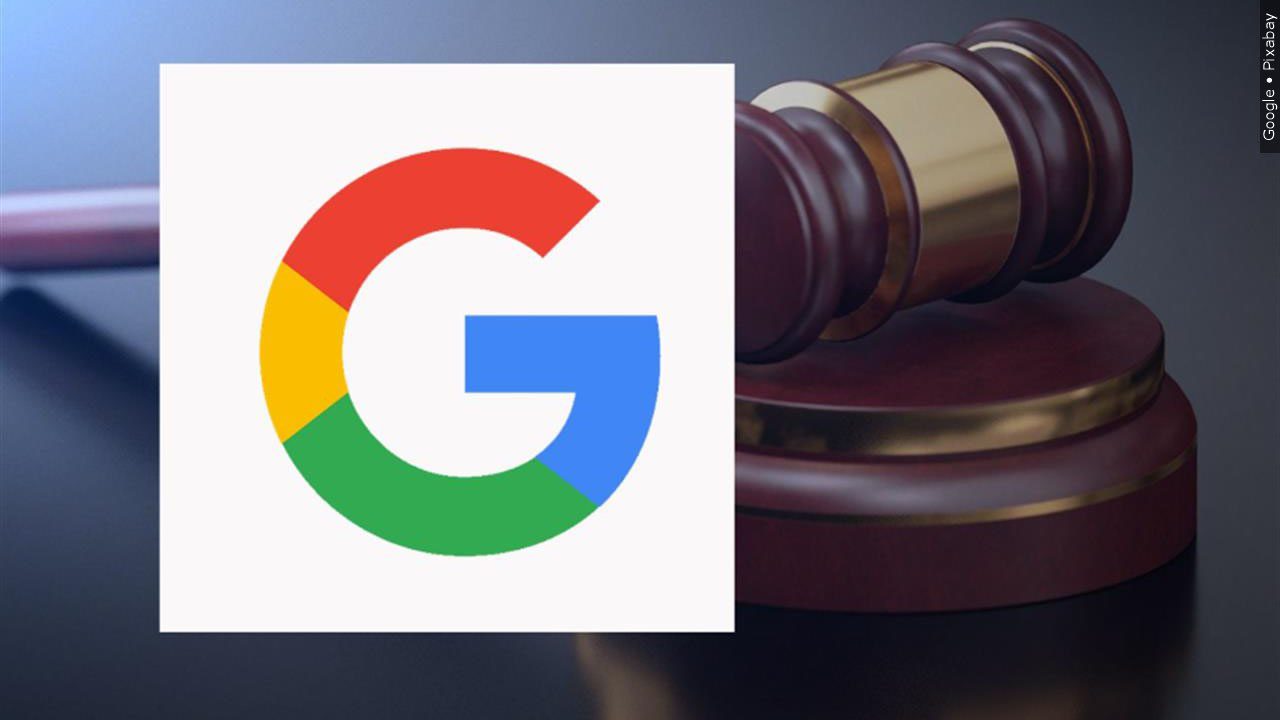Google loses massive antitrust case over its search dominance

(Google / Pixabay)
WASHINGTON (AP) — A judge on Monday ruled that Google’s ubiquitous search engine has been illegally exploiting its dominance to squash competition and stifle innovation in a seismic decision that could shake up the internet and hobble one of the world’s best-known companies.
The highly anticipated decision issued by U.S. District Judge Amit Mehta comes nearly a year after the start of a trial pitting the U.S. Justice Department against Google in the country’s biggest antitrust showdown in a quarter century.
After reviewing reams of evidence that included testimony from top executives at Google, Microsoft and Apple during last year’s 10-week trial, Mehta issued his potentially market-shifting decision three months after the two sides presented their closing arguments in early May.
It represents a major setback for Google and its parent, Alphabet Inc., which had steadfastly argued that its popularity stemmed from consumers’ overwhelming desire to use a search engine so good at what it does that it has become synonymous with looking things up online. Google’s search engine currently processes an estimated 8.5 billion queries per day worldwide, nearly doubling its daily volume from 12 years ago, according to a recent study released by the investment firm BOND.
Google almost certainly will appeal the decision in a process that ultimately may land in the U..S. Supreme Court.
For now, the decision vindicates antitrust regulators at the Justice Department, which filed its lawsuit nearly four years ago while Donald Trump was still president, and has been escalating it efforts to rein in Big Tech’s power during President Joe Biden’s administration.
The case depicted Google as a technological bully that methodically has thwarted competition to protect a search engine that has become the centerpiece of a digital advertising machine that generated nearly $240 billion in revenue last year. Justice Department lawyers argued that Google’s monopoly enabled it to charge advertisers artificially high prices while also enjoying the luxury of having to invest more time and money into improving the quality of its search engine — a lax approach that hurt consumers.
Google ridiculed those allegations, noting that consumers have historically changed search engines when they become disillusioned with the results they were getting. For instance, Yahoo — now a minor player on the internet — was the most popular search engine during the 1990s before Google came along.
Mehta’s conclusion that Google has been running an illegal monopoly sets up another legal phase to determine what sorts of changes or penalties should be imposed to reverse the damage done and restore a more competitive landscape.
The potential outcome could result in a wide-ranging order requiring Google to dismantle some of the pillars of its internet empire or prevent it from shelling out more than $20 billion annually to ensure its search engine automatically answers queries on the iPhone and other internet-connected devices. After the next phase, the judge could conclude only modest changes are required to level the playing field.
If there is a significant shakeup, it could turn out to be a coup for Microsoft, whose own power was undermined during the late 1990s when the Justice Department targeted the software maker in an antitrust lawsuit accusing it of abusing the dominance of its Windows operating system on personal computers to lock out competition.
That Microsoft case mirrored the one brought against Google in several ways and now the result could also echo similarly. Just as Microsoft’s bruising antitrust battle created distractions and obstacles that opened up more opportunities for Google after its 1998 inception, the decision against Google could be a boon for Microsoft, which already has a market value of more than $3 trillion. At one time, Alphabet was worth more than Microsoft, but now trails its rival with a market value of about $2 trillion.
Besides boosting Microsoft’s Bing search engine, the outcome could hurt Google at a critical pivot point that is tilting technology in the age of artificial intelligence. Both Microsoft and Google are among the early leaders in AI in a battle that now could be affected by Mehta’s market-rattling decision.
Microsoft CEO Satya Nadella was one of the Justice Department’s star witnesses during the testimony that covered his frustration with Google deals with the likes of Apple that made it nearly impossible for the Bing search engine to make any headway, even as Microsoft poured more than $100 billion in improvements since 2009.
“You get up in the morning, you brush your teeth and you search on Google,” Nadella said at one point in his testimony. “Everybody talks about the open web, but there is really the Google web.”
Nadella also expressed fear that it might take an antitrust crackdown to ensure the situation didn’t get worse as AI becomes a bigger force in search.
“Despite my enthusiasm that there is a new angle with A.I., I worry a lot that this vicious cycle that I’m trapped in could get even more vicious,” Nadella said on the stand.
Google still faces other legal threats besides this one, both in the U.S. and abroad. any antitrust lawsuits brought against Google domestically and abroad. In September, a federal trial is scheduled to begin in Virginia over the Justice Department’s allegations that Google’s advertising technology constitutes an illegal monopoly.
All contents © copyright 2024 Associated Press. All rights reserved